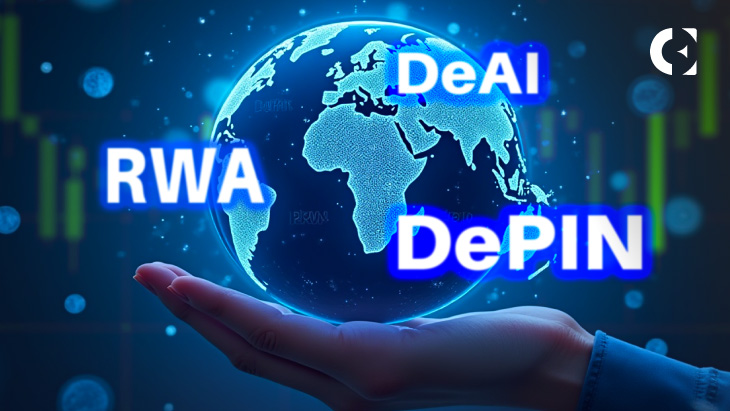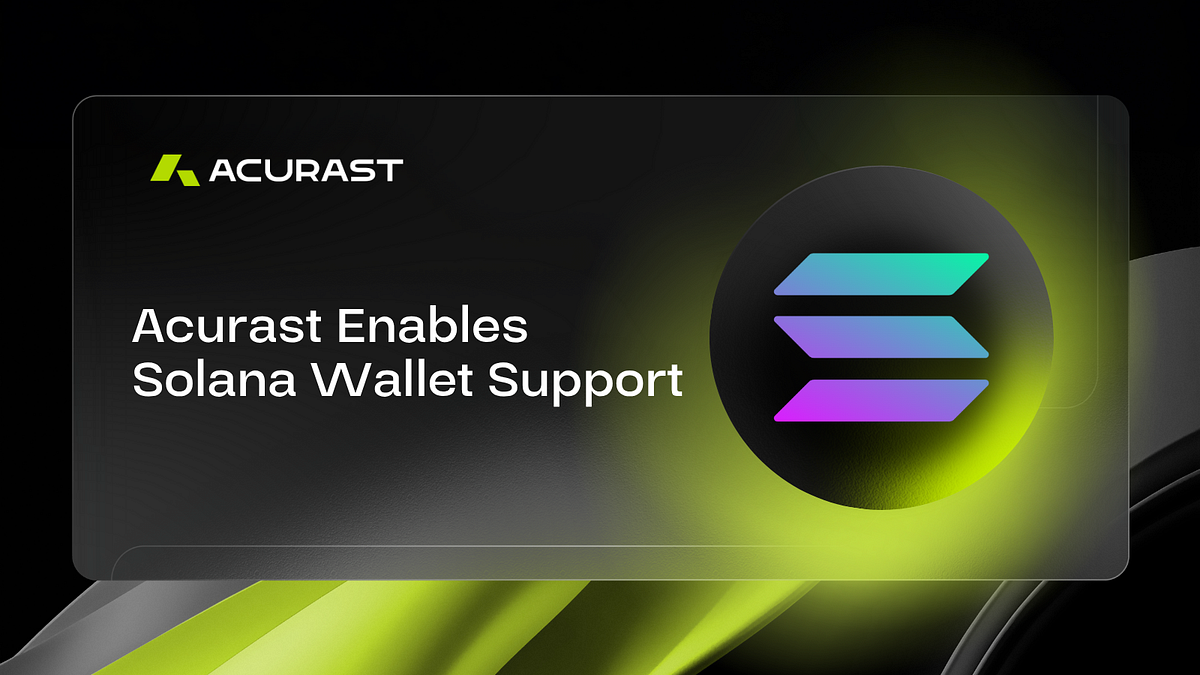Empowering Individuals with Universal Basic Compute (UBC)

In a world where AI and automation are reshaping labor markets, the concept of Universal Basic Compute (UBC) emerges as a forward-thinking solution. Unlike Universal Basic Income (UBI), UBC aims to provide individuals with a share of advanced computational power to fuel productivity and creativity. OpenAI CEO Sam Altman introduced the idea, envisioning a post-AGI era where traditional jobs may become obsolete. Leveraging decentralized physical infrastructure networks (DePINs), UBC could democratize access to computational resources, challenging the dominance of tech giants in the GPU market. While industry resistance remains a barrier, the potential benefits of UBC in empowering individuals with wealth-building tools and addressing the AI-GPU gap are significant.
Related News





